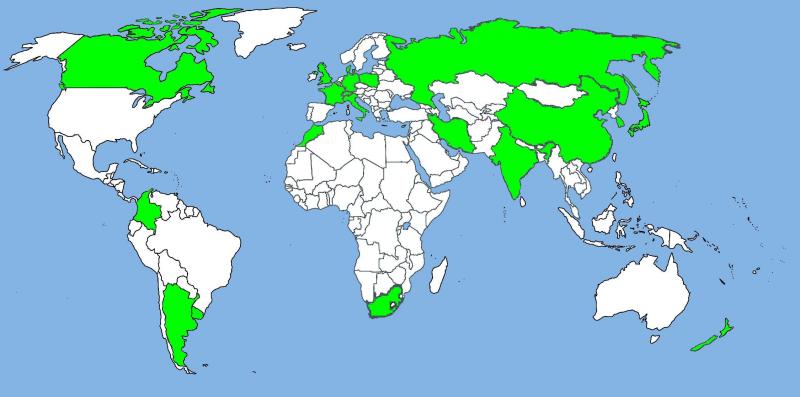Published on Mon, Dec 05, 2011
The Houghton Mifflin publishing company recently released the fifth edition of the New American Heritage Dictionary with 10,000 new words—including the term “anchor baby.” The dictionary offers a matter-of-fact definition for a term many consider to be a racist and deliberate effort to dehumanize immigrant children.
Here’s how the dictionary’s new edition defines “anchor baby:”
“Anchor Baby, n. A child born to a noncitizen mother in a country that grants automatic citizenship to children born on its soil, especially such a child born to parents seeking to secure eventual citizenship for themselves and often other members of their family.”
Steve Kleinedler, the executive editor, was well aware “anchor baby” is used as a pejorative term. “The trick is to define them objectively without taking sides and just presenting what it is,” Kleinedler said in an interview on NPR’s Weekend Edition.
“Anchor baby is definitely a very charged, politically charged word,” Kleinedler said before going on to say the term “falls into a gray area where we felt it was better just to state what it was, and then people can filter their own life experiences through the word and judgments on it as they see fit.”
The New American Heritage Dictionary’s “anchor baby” definition is 41 words long but the first sentence in Wikipedia’s definition at just 29 words manages to provide a similar definition with a disclaimer that the word is indeed offensive. Wikipedia.com definition with more context:
“Anchor baby” is a pejorative term for a child born in the United States to immigrant parents, who, as an American citizen, supposedly can later facilitate immigration for relatives.” [29 words]Read more...
Published in the Colorlines





